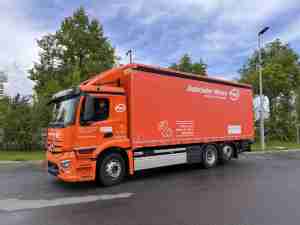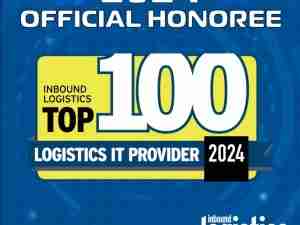To narrow that down, the 55-year-old entrepreneur and investor wants to transform a $158 million company, XPO Logistics , into a $4-$5 billion business in just a few years, mostly through acquisitions.
Ambitious? Yes.
But industry experts think Jacobs' "serial acquirer" approach will get him there -- just as it did with United Rentals and United Waste Systems, companies he founded and swiftly built into market leaders.
"It's going to be a little bit of a snowball effect," said Ken Novotny, an industry banker at Morgan Keegan.
"He's going to start with something that's a nice core and then as he rolls it down the hill, it's going to continue to pick up momentum both in quality and size."
Jacobs already has the platform.
In June, he invested some $150 million in XPO Logistics and took over as chief executive of the third-party logistics provider.
XPO has about $72 million in cash on its balance sheet, and a $10 million credit line from its bankers.
Speaking to Reuters, Jacobs said deals he does in the near term would be similar in size to his XPO investment, and most likely involve buying private companies.
"The first step is to double the size of the company. We can do that with the financial means we have right now, without raising another dollar," he said, adding banks are willing to raise XPO's credit line.
Jacobs is targeting four areas in the transport business: truck brokerage, freight forwarding, expedited and intermodal. XPO is already present in the first three.
The transportation industry is highly fragmented, with hundreds of thousands of companies offering a variety of services -- and more opportunity for consolidation.
The U.S. truck brokerage business, for example, is worth $50 billion a year and has more than 10,000 operators -- but only 25 have revenue above $200 million.
The transport industry's big guns are UPS and FedEx, with annual revenues of $50 billion and $40 billion respectively. The vast majority of firms have just a few million dollars in revenue.
XPO's large-cap rivals include CH Robinson Worldwide and Expeditors International of Washington .
Solid Track Record
Bankers and analysts expect Jacobs to start with small acquisitions, and then pick up scale. Novotny said the sweet spot for Jacobs initially would be $30-$75 million.
Jacobs dropped out of university in the late-1970s -- he was studying music and math -- to start an oil brokerage business.
In 1989, he founded United Waste Systems and, largely through buying some 200 companies in 8 years, turned it into one of the top garbage collectors in the United States. He sold the business, now Waste Management , for about $2.5 billion in 1997.
That year, he founded United Rentals and, within a year, transformed it into the world's largest equipment rental firm in a year -- sometimes averaging two acquisitions a week.
By 1999, Jacobs was worth an estimated $590 million, and missed making it on to the Fortune 400 list by a whisker.
Private equity firm Cerberus Capital Management offered $6.6 billion for United Rentals in 2007, but later withdrew the bid.
Realistic Goal
Michael Jesselson, who has worked with Jacobs for about 30 years and sits on XPO's board, is confident Jacobs will expand the business dramatically in a short time. He reckons Jacobs can hit the $4-$5 billion target within 5 years, or 7 if the current market uncertainty drags on.
Jesselson, who also invested early in United Waste Systems, said Jacobs studies his industries thoroughly before putting up the money. He took a long, hard look at waste management over two years before investing, he said.
Regulatory filings show Jacobs and his private equity firm met with XPO in late-2010. A deal was announced only in June 2011.
Potential roadblocks, though, include raising capital quickly,









